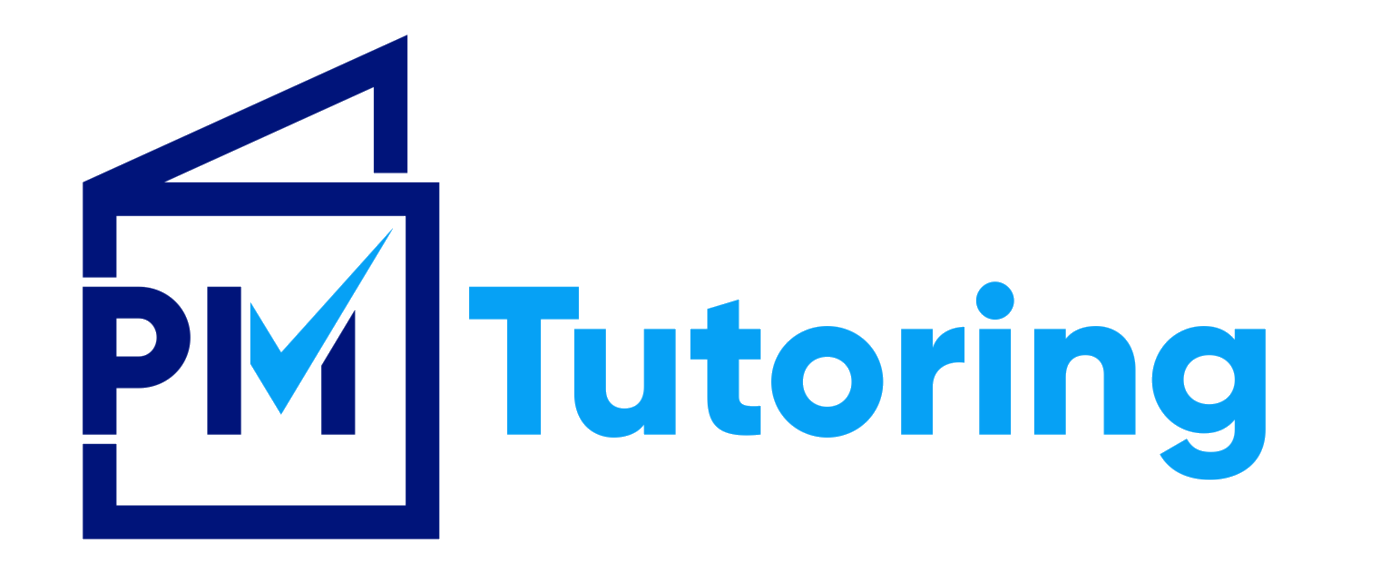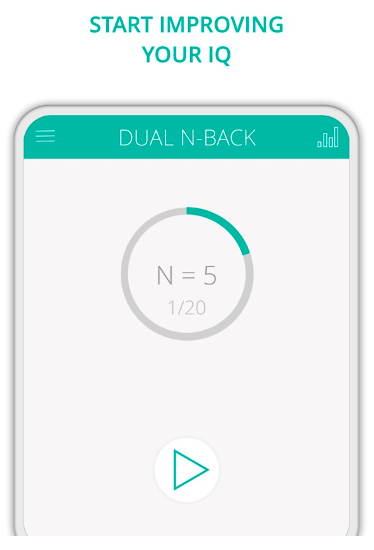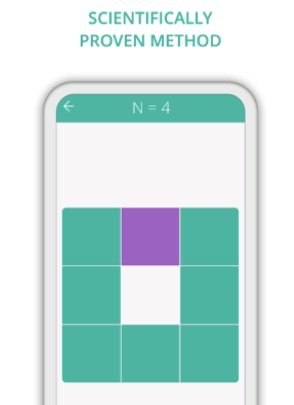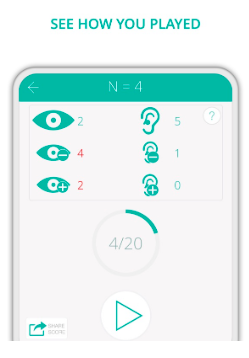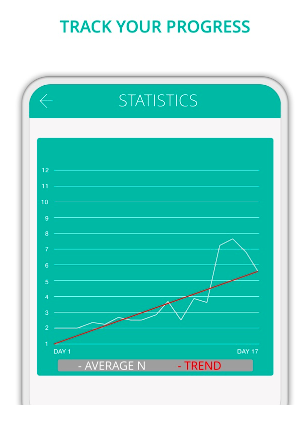Attention Management
At last, your child sits down to work. They open their notebook or computer and start that project or essay they’ve procrastinated on. As they write the first word, their phone buzzes. They check the notification.
Fifteen minutes later, they get back to work…just in time for one of their younger siblings to interrupt with a “very important” question.
Another fifteen minutes later, with all distractions out of the way, they sit down again, only to find their brain peppered with a thousand random thoughts: their list of homework, their daydreams, a conversation they had three days ago.
Students’ lives will always contain distractions. But they do not always have to surrender to those distractions. The pathway to productivity in school and work begins with managing one’s own attention. By first understanding attention, then looking at three practical ways to strengthen it, students can evade distraction and boost their productivity.
What is attention?
Attention is the ability to focus on one thing rather than another. Psychologists divide the attention system of our brain into three components: the alerting, orienting, and executive functions.
The alerting function tells us “Something is happening!”—it gives us a knee-jerk response to a new stimulus. Sleep quality, the time of day, lighting, and caffeine can all affect alertness.
The orienting function picks up after we become alert, and it helps us look or listen closer. Both the alerting and orienting functions occur in the background—we don’t choose to make these happen.
But the third function—the executive function—is under our control. Executive function gives us willpower, self-regulation, and self-control. At its most basic level, it allows us to say “no” to a given stimulus; for example, it helps us ignore our buzzing phone or tune out the annoying conversation in the coffee shop. By exercising our executive function, we guard the gateway to our mind; thus, for your child to pay attention, they need to train their executive functioning skills.
3 Practices for Improving Attention
How should a student begin to train their executive functioning skills? Just like growing a muscle requires time and energy, growing executive functioning skills requires practice.
Practice #1: Mindfulness Meditation
While many people use mindfulness meditation to reduce anxiety, they often overlook one of its other benefits: strengthening executive functioning. Rather than emptying your mind of thoughts, mindfulness meditation aims at “restful alertness” facilitated by developing posture, balance, deep breathing, and peaceful mental imagery. The practice of meditation requires saying “no” over and over again to distracting internal and external stimuli, which makes it perfect for improving executive functioning.
A simple, three-step mindfulness meditation goes as follows:
Move into a peaceful location, sit down, close your eyes, and begin taking deep breaths to relax your body. Breathe in slowly for 7 seconds, hold your breath for 5 seconds, and then breathe out for 7 seconds.
Begin thinking of positive imagery—things you value, places you feel safe and comfortable, relaxing and happy emotions.
As you continue steps #1 and #2, also pay attention to your body, including your senses (what do you hear, smell, or feel?), the placement of your limbs, any aches or pains you have, and transition just to focusing on your physical experience.
Other actionable resources for mindfulness meditation (that are reasonable and practical for teens!) include this article and apps such as UCLA Mindful and the Healthy Minds Program.
Practice #2: Dual N-BacK
Research indicates that well-crafted attention games can improve behavior, boost IQ scores, and grow working memory. Dual N-Back is a game designed by psychologists to, with a few minutes of work a day, improve executive functioning.
In each round, Dual N-Back presents the player with a grid of squares, and highlights one of those squares while also delivering a sound. The player must determine whether the square, the sound, both, or neither matched the preceding round. By growing in difficulty across time, it demands complete attention and active memory, two skills which have high transferability to school subjects.
Dual N-Back is available on both Google Play and the App Store.
Practice #3: Quiz Yourself
Especially for students engaged in online classes, watching video lectures, or reading many books, maintaining attention requires consistent, self-motivated work. One way to maintain attention in these contexts is through self-quizzing. According to a study published by the APA, quizzing “reduces mind wandering, increases task-relevant behaviors such as note taking, boosts learning, and also improves calibration between predicted and actual performance.” Encourage your child to answer those questions in the back of the textbook or write brief reading summaries at the end of each chapter to make sure that they absorb what they hear or read.
Make It Happen
Of course, it may be difficult at first to get your child to adopt these practices. With Practices 1 and 2 (Mindfulness Meditation and Dual N-Back), setting up a routine will help your child turn the practice into a habit. Set aside 15 minutes at the beginning or end of a day and frame it as a time for relaxation, especially if your child vocalizes their feelings of stress and anxiety. For younger kids, you might start by doing the practices with them.
Practice 3 might require a bit more incentivizing. While quizzing benefits students, they will most likely be reluctant to add one more thing to their homework routine. Consider adding some sort of short-term reward if they write summaries and quiz themselves throughout the week—perhaps a tank of gas, or tickets to see their favorite artist if they remain consistent through the month.
Attention provides the first step in successful learning. By using these practices, your child can begin to rely on their own well-trained executive functioning rather than constant reminders from you or their teachers.
